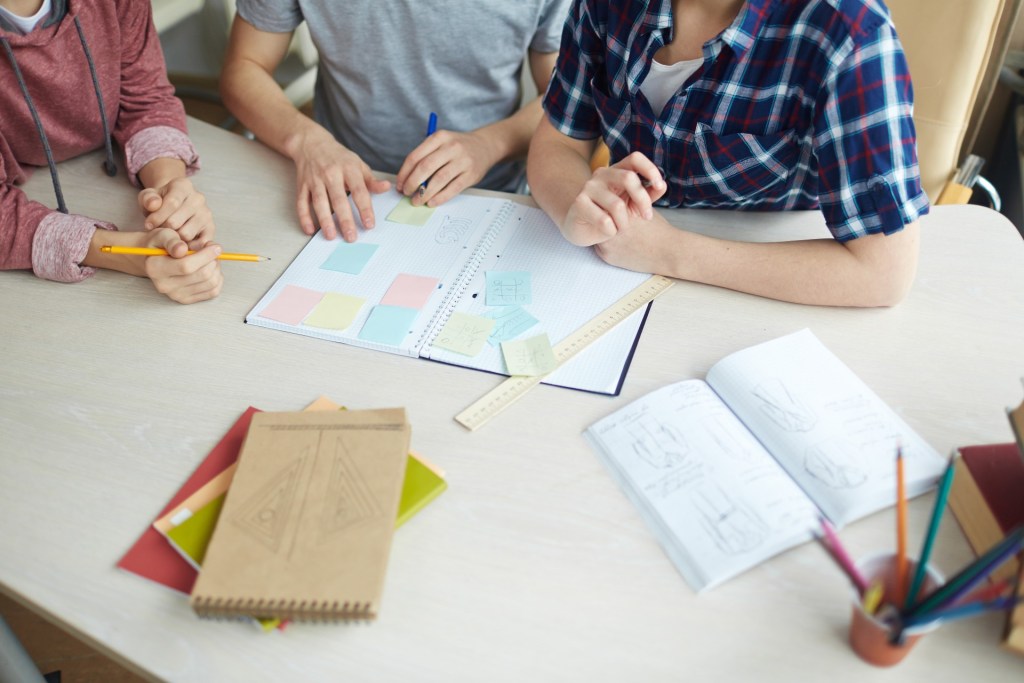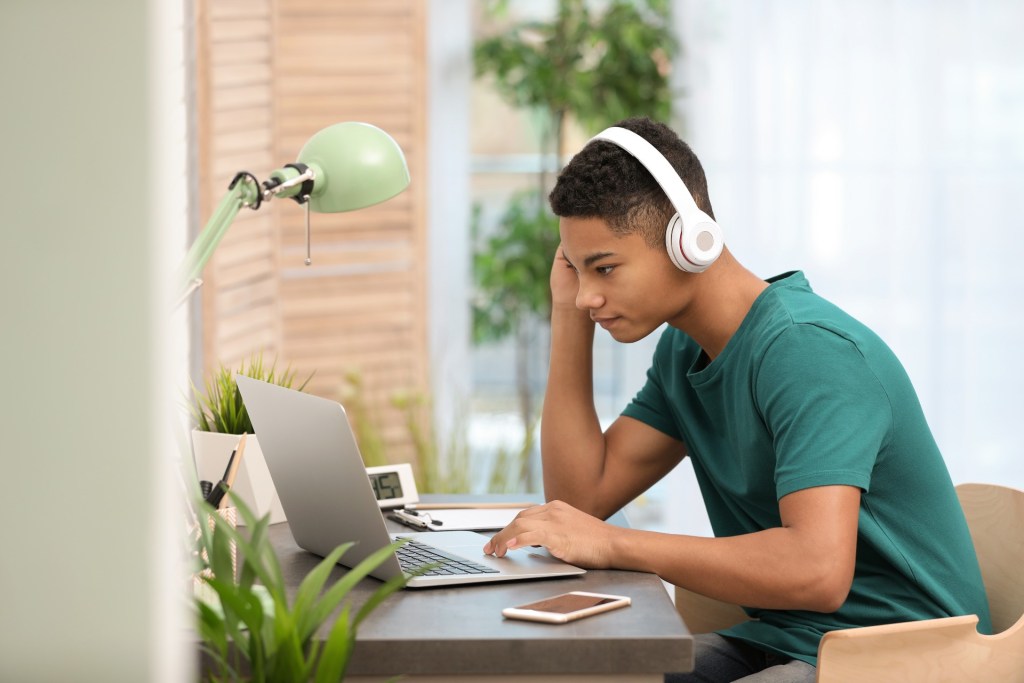Taking the SAT is a rite of passage that brings parents right back to high school (and makes them grateful they’re not really the ones having to do it again). You want to make sure your teen is prepared since the score can affect which colleges they can get into — no pressure! Learning SAT test-taking strategies is important before the big day and we’ve compiled seven excellent ones that will have them ready to ace the test.

How to improve test-taking skills
Practice is key to improving skills, just like with anything else, like learning to play an instrument. The more your teen takes practice tests, the better they’ll get. It’s a matter of feeling comfortable taking tests and building confidence along with gaining knowledge.
They’ll learn to budget their time and get a sense of how fast the time goes as they take the practice test again and again and learn to pace with practice. You don’t necessarily need to pay a tutor when your child takes practice tests on their own, but a tutor could certainly help your teen focus and learn more strategies.

What are some test-taking strategies?
Become familiar with the SAT before taking it
Your teen should know it inside and out. If they take practice tests again and again, they will have the directions to the sections memorized and will feel totally comfortable with the question formats. They should know what the sections are, the types of questions, and how long they have for each section. By doing this, they won’t use any test time or brainpower getting acclimated or reading instructions and they’ll feel right at home the entire time. Taking practice tests with the SAT instructions that are like the real thing is an important part of test prep.
Guess even if they don’t know
If they’re still stumped and time is almost up, it’s best to just fill in something. Your teen should never leave a question blank because at least they have a chance of getting it right instead of zero chance if they put no answer. The guess will be better than random, too, since it’s an educated guess and they may be leaning toward one answer. Even if they have absolutely no clue and it’s completely at random, they should still put something since there is still a chance. They might get lucky!
Cover up answers
While they read the question, they should cover the answers and not read them until they’ve thought of what the answer might be. Once your student thinks of the answer, then they should uncover the options and see if it’s there. Then they know for sure what their gut is telling them and won’t even have to consider the other distraction answers.
Tips for taking tests
Answer all the questions they know first
As they go through the test, your teen should skip anything they don’t know. Instead of spending time getting bogged down on the second question, they should keep going and make sure to answer everything they know in time. Then come back to each question they weren’t sure about once they know they filled in the correct answer for everything they did feel sure about. Now those points are locked in and your child can use their energy for the trickier stuff.
Eliminate wrong answers
Sometimes they can find the right answer by process of elimination, even if they don’t see an answer they know is right in the options. Trying to find incorrect answers if they can’t find the correct one is key here.
Trust the gut
The first answer is usually the right one, so your student shouldn’t change it unless they realize they didn’t read all the answers first and see the right one after jumping at one prematurely.
Rest well for test day
When it comes down to it, all the prep in the world isn’t worth much if your teen is groggy on test day. It’s best they turn off devices well before bedtime the night before taking the SAT and to get to sleep early after having a healthy dinner.
Your test-taking teen needs to have a good breakfast or lunch with superfoods the day of. They also need to know the logistics before the test, such as how to get there, how long it takes to get there, where in the building to go, how to check in, what time to arrive, and how the test will be administered.



